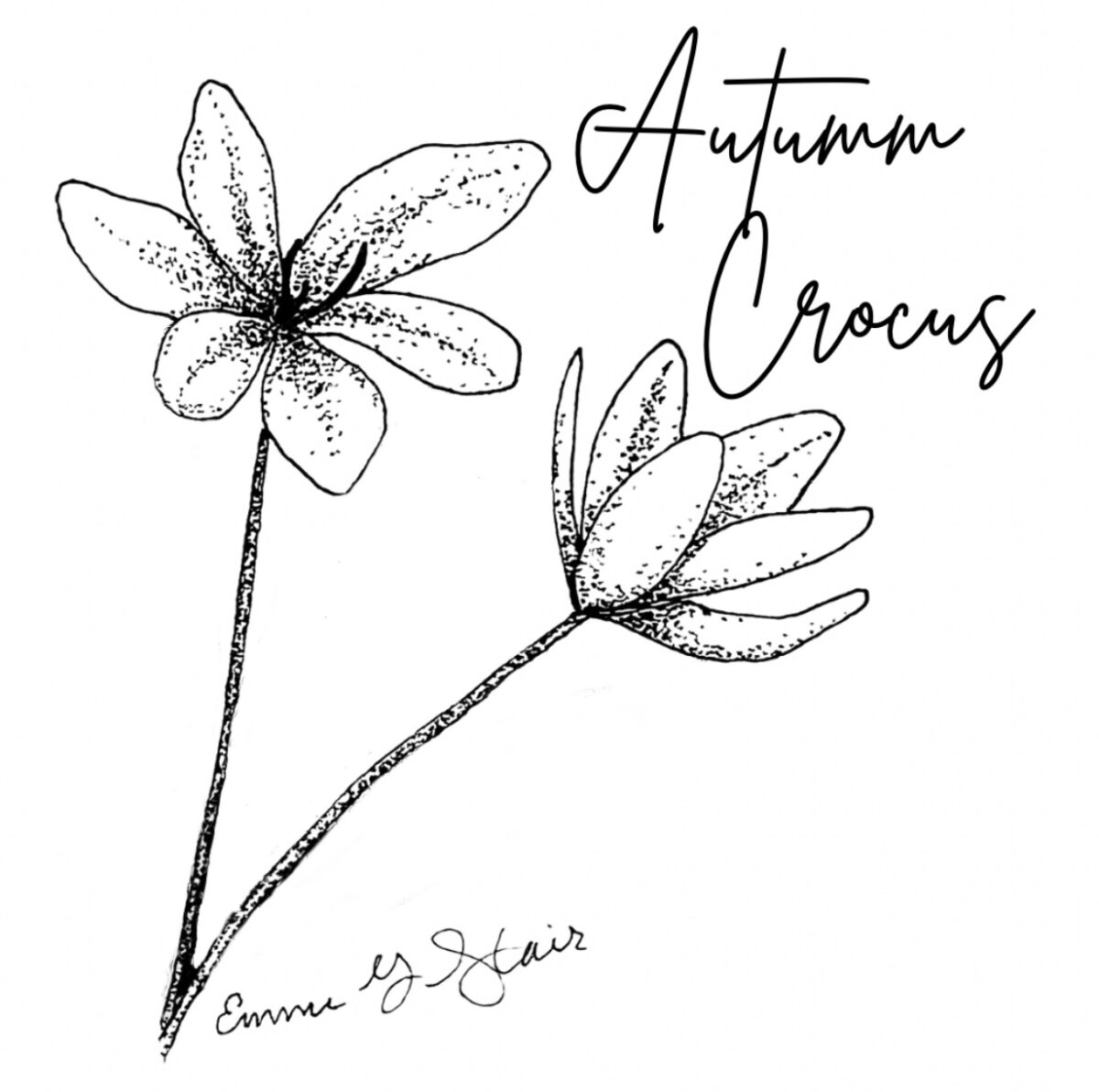Reflections from the Iris Respite House Healing Gardens September 2023

“The earth laughs in flowers.” – Ralph Waldo Emerson
Laughter knows no bounds. Like the natural world, it serves to connect. Truth and innocence often carry it. It can serve to link us together when we least expect it, even in the scariest of moments, and the best ones are simply unforgettable. We need good laughs, like we need each other. It’s part of what connects us as humans. And, in today’s market of stress-relieving products, it can ease suffering without costing a cent.
The therapeutic effects of laughter on the mind and body are well documented. It’s a powerful healer. The next time you laugh so hard you pee your pants, think about this: a hearty laugh ripples through the motor cortex, which is involved in muscle control (including the bladder!), the frontal lobe (which helps one understand context), and the limbic system (which modulates positive emotions). It creates social bonds, builds resiliency, facilitates intimacy, increases immune cells and antibodies, relieves tension and stress, and can lower levels of anxiety and depression. As someone who has battled high levels of anxiety, I can vouch for how much genuine laughter can temper it. Even better: you can never overdose!
Like bouquets of flowers, good laughs always leave you wanting more. I discovered that the physiological benefits of laughter actually parallel the ones experienced by people who are enjoying a bouquet of flowers, even more so if they spend any amount of time arranging them. They both can trigger the release of dopamine, serotonin, and oxytocin, the “feel better hormones,” as well as reduce levels of cortisol, the “stress hormone.” They both serve to create social bonds, facilitate an appreciation for life, can lower anxiety, and help lift depression. Looks like Emerson had it right!
This fall, as you enjoy the earth’s autumnal laughter of flowers, see if you can spot some autumn crocuses. They have a chalice shaped flower, like that of the spring blooming crocus, but autumn crocus flowers are a bit larger. My favorite part of this plant is the unique quality of blooming long after the foliage has died back, like resurrection lilies. That’s how autumn crocuses got the common name “naked ladies,” since it’s only the flower that comes up in the fall. To anyone who didn’t know the plant, with such a long stretch of time in between foliage dye back and the “naked” flowers, it could be one of the earth’s more unexpected autumn laughs.
Genuine laughter, like great music, can’t be forced. It has to move through you from the inside out. That’s why, when it’s real, it’s such a gift. And it almost always has a great story behind it. I leave you with this: I’ve been writing this month’s blog from a cabin in the woods where my extended family has gathered for the week to celebrate my dad’s 80th birthday. After a day of hiking, I had the door shut, my laptop open, and was researching the health benefits of laughter when my cousin came in the room. After chatting calmly with me for a few moments, her facial expression changed drastically when she felt what she was sure was a tick bite her on her rearend. Mind you, she was completely covered from the mid-neck down. I don’t know how any insect would have even gotten beyond her outer layer of clothing. Nevertheless, without wasting a moment, she dropped her pants in a panic right in front of me and had to make sure there were no ticks attached to her in any way. Turns out it had been a piece of plastic that had gotten lodged in her underwear! We both laughed so hard it hurt. When I finally caught my breath, before my oxytocin levels had come down, I marveled at the moment. Innocence and truth had us riding the waves of laughter once again. And my anxiety? Nowhere in sight.
Written by Jessica Giannotta, Hope Grows Horticulturist
